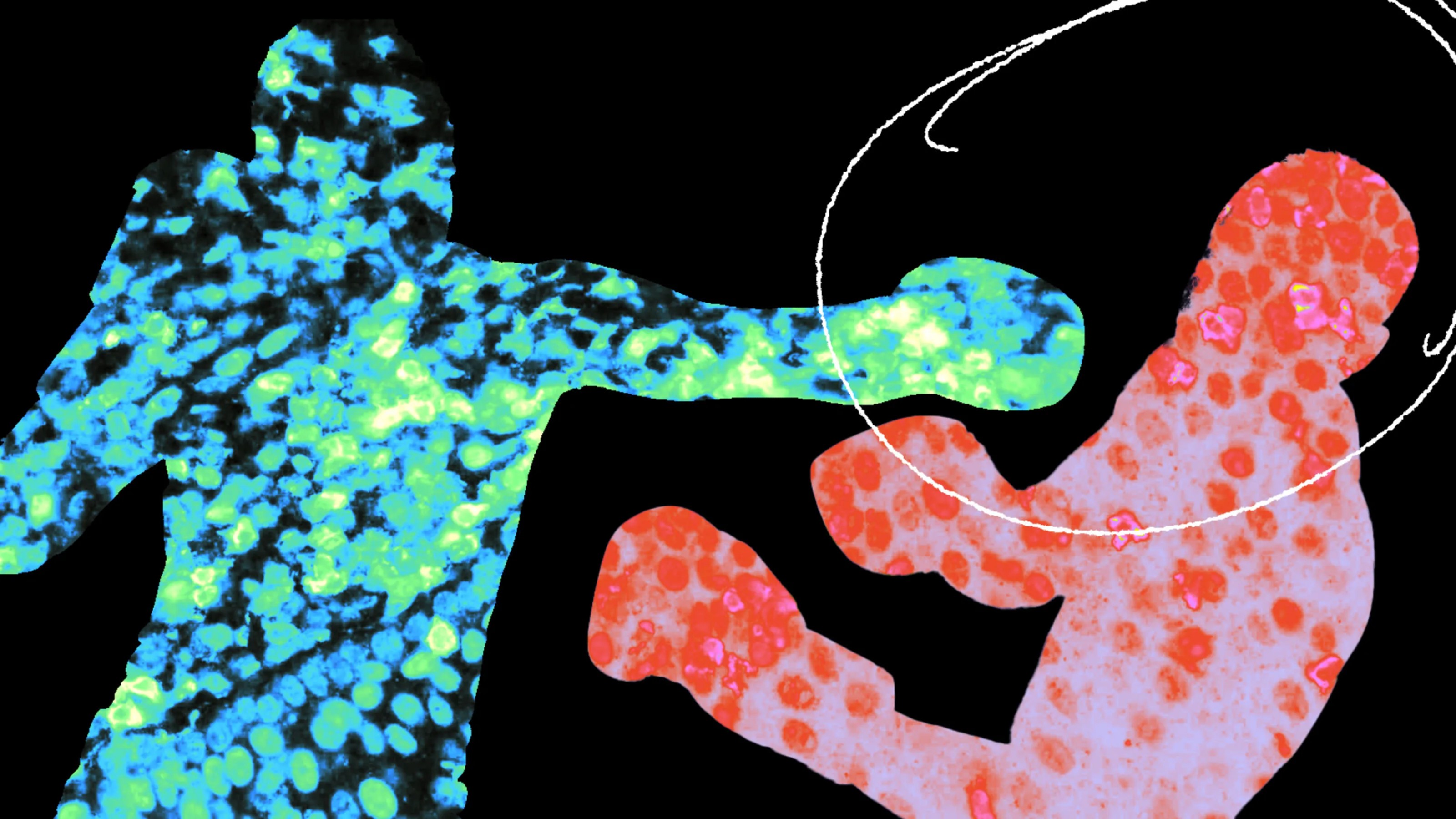Two Infants Cured of Terminal Cancer by Breakthrough Gene-Editing Therapy

A group of British doctors successfully eliminated cancer in two infants with leukemia by using genetically modified immune cells from a donor. The accomplishment opens a new age of cancer therapy treatment.
This medical first was carried out by doctors from London’s Ormond Street hospital on two children aged 11 and 16 months, who were not responding to other forms of therapy. Scientists manipulated the donor T cells to be able to kill the cells of leukemia, with chemotherapy following the new experimental approach. Now one of them has been cancer-free for a year and another for 18 months.
The difference in the treatment was that the engineered T-cells (known as CAR-T) were from another person, while usual T-cell therapy involves removing immune cells from the patient, modifying them and giving them back to the patient. What’s remarkable about this approach is that the cells could be collected from donors, treated and stored before they are needed, thus making it possible for the patient to receive them immediacy upon diagnosis. They would not have to wait for their own T cells to be modified. Additionally, blood from one donor could supply hundreds of treatments, reducing costs and efficiency.
“We estimate the cost to manufacture a dose would be about $4,000,” told Julianne Smith, vice president of CAR-T development for Cellectis, supplier of universal cells, in an interview with Technology Review. “That’s compared to a cost of around $50,000 to alter a patient’s cells and return them.”
The novel treatment is not yet available to the general public but CAR-T cell therapy is currently in phase II clinical trials in the U.S. There is also the question if the infants are actually cured, because doctors usually wait a few years before declaring someone completely cancer-free.
Some critics have pointed out that because chemotherapy was also used as part of the treatment, it’s not entirely clear if the modified T-cells were the main cause of the improvements. But the doctors point to the long-lasting effects of their treatment and are enthusiastic about its potential in future treatments.
You can read the details of the cases here, published in the journal Science Translation Medicine.
Cover photo: One-year-old Layla Richards was treated by the new therapy and is now cancer-free. Credit: Great Ormond Street Hospital





